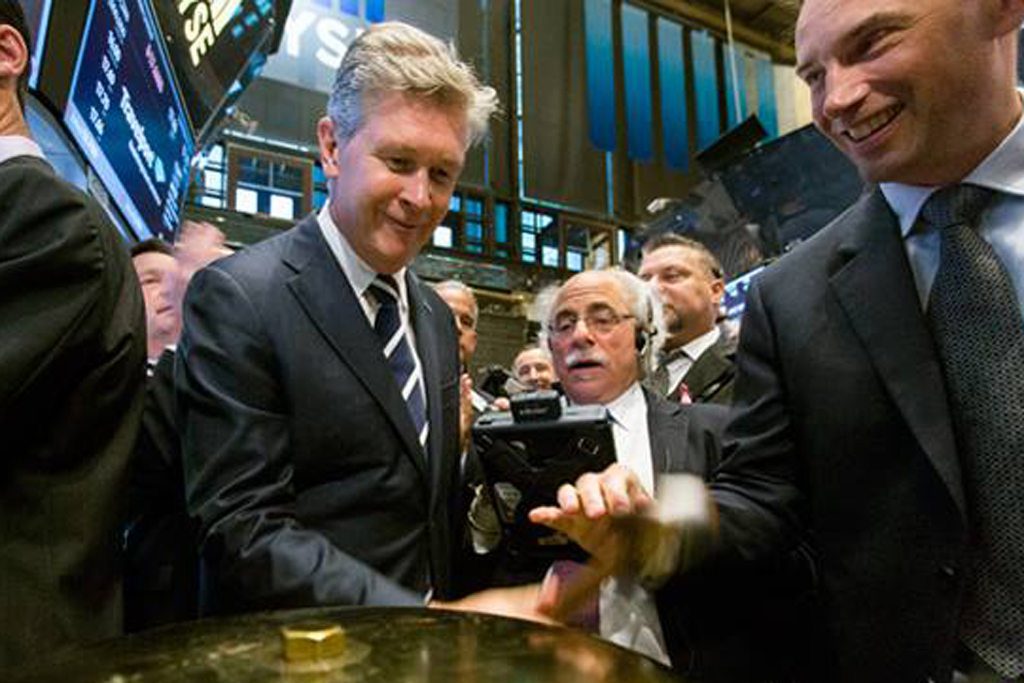Travelport's Proposed Buyout Deal May Not End the Drama

Skift Take
The early consensus is that Elliott Management put together a disappointing deal for investors. We cover the case for and against the deal here. But expect larger Travelport investors to consider resisting the deal or hope that a white knight acquirer rides in with a better offer.
Affiliates of Elliott Management and Siris Capital Group plan to take Travelport private in the second quarter of 2019 in an all-cash deal with an enterprise value of $4.4 billion. But a lot of questions remain, even after financial documents in connection with the merger were filed late Monday.
Initial investor and analyst reactions were muted. Morningstar's Dan Wasiolek, a senior equity analyst, described the proposed deal as "unattractive" and "disappointing" for shareholders. Other observers we spoke with echoed that reaction.
The deal isn't a sure thing. Support from Travelport's largest shareholders is critical to getting the deal approved. Elliott Management is merely the fourth-largest, with a 5 percent voting rights ownership.
BlackRock holds the largest slice, at 13 percent, Principal Global owns 7 percent, Credit Suisse has 6 percent, and NewSouth Capital Management has 4 percent. Whether these investors like the offer depends on a couple of factors, said a research note from Mark L. Moerdler's research team at Sanford C. Bernstein & Co.
A central question for large investors is whether they would rather pass on the deal and wait out another year to see if Travelport's performance improves.
The answer to that partly depends on whether the investors believe management that its recent loss of a contract with travel agency Flight Centre and with one part of Carlson Wagonlit in the U.S. are really transient, one-off issues or if client retention is going to be a recurring headwind, Bernstein research said.
Deal Invites Skepticism
The answer also depends on whether the largest investors like the $4.4 billion price that Elliott Management fetched. The price is just a little more than the $4.3 price private equity firm Blackstone paid for Travelport when services firm Cendant sold the travel technology company in 2006.
Travelport's advocates might say that to compare the Siris deal with Blackstone is comparing an apple with a pear. What Blackstone bought for $4.3 billion when it acquired Travelport from Cendant in 2006 was the Galileo International global distribution business, the online travel agency Orbitz, and the ground product operator, GTA, along with some other smaller businesses which Cendant had acquired in the travel distribution sector.
Subsequent to that transaction, Blackstone in 2007 bought Worldspan, which had already lost the Ex

